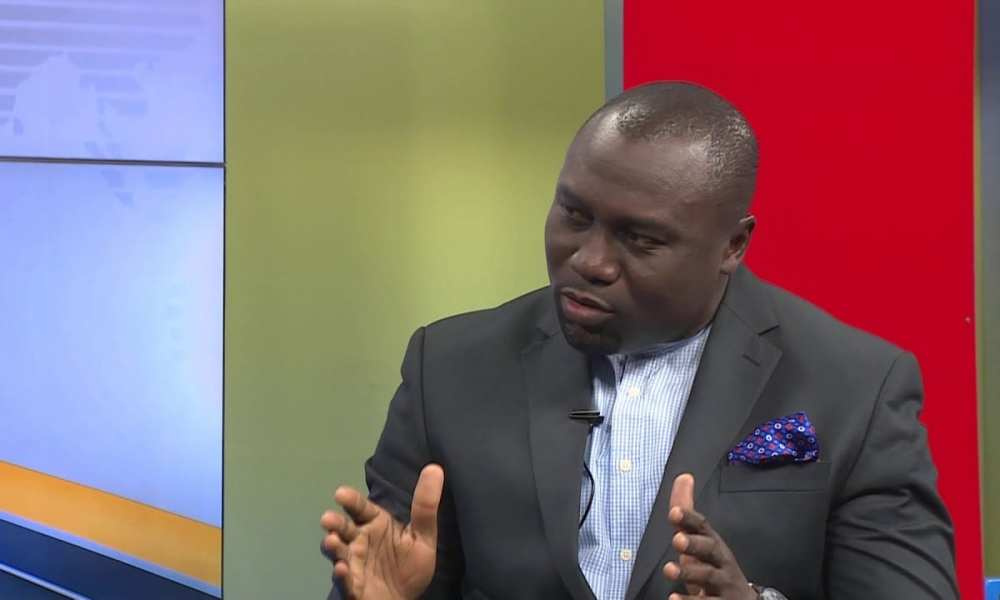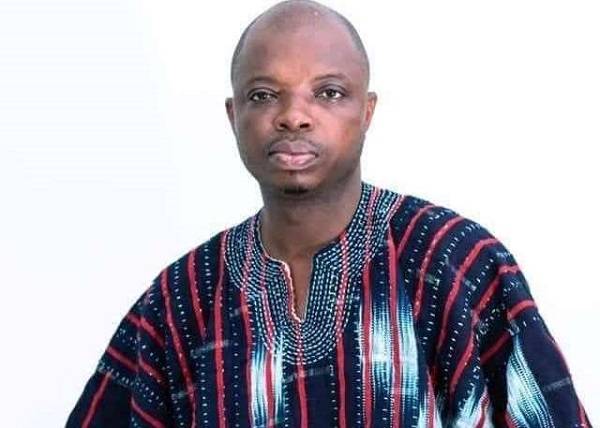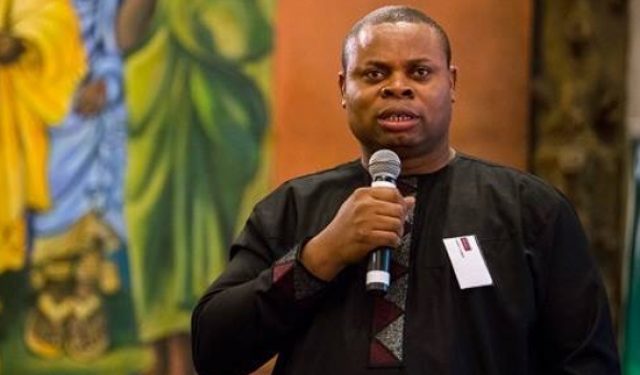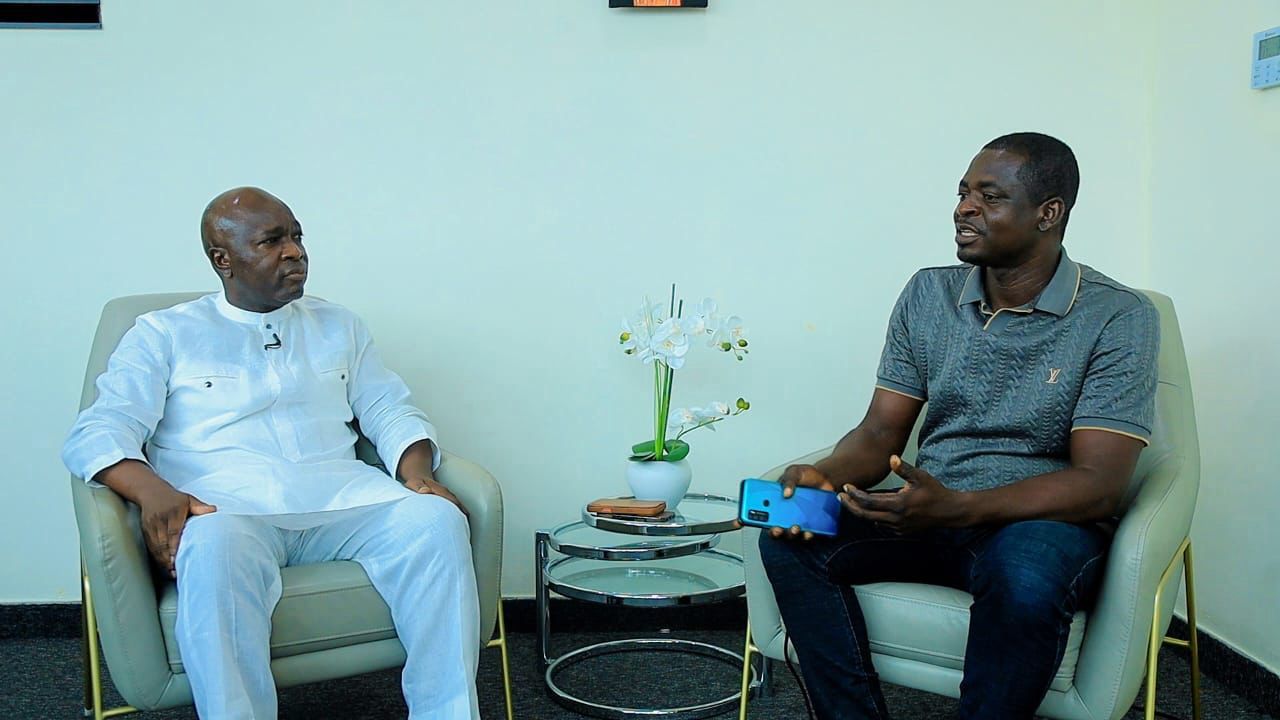Gary Nimako Marfo, a private legal practitioner and former Chairman of the National Lottery Authority (NLA) Board, has filed a GHS10 million defamation lawsuit against the Media Foundation for West Africa (MFWA) and several journalists over a report alleging financial mismanagement in a deal between the NLA and a private technology firm.
Filed at the High Court in Accra on September 30, the suit names as defendants the MFWA, its Executive Director Sulemana Braimah, journalists Seth J. Bokpe, William Nlanjerbor Jalulah, and Philip Teye Agbove—all of whom are affiliated with The Fourth Estate, the MFWA’s investigative journalism unit.
At the center of the dispute is an article published by The Fourth Estate alleging that the NLA effectively ceded a GHS3 billion revenue stream to KGL Technology Limited in exchange for a comparatively modest annual payment of GHS170 million. The report, which included a banner headline and a photograph of Mr. Nimako, drew sharp public criticism and widespread attention.
Mr. Nimako has called the article “defamatory and ill-motivated,” accusing the publication of deliberately misleading the public and tarnishing the reputations of former board members. He contends that the claims lack factual basis and were intended to incite public resentment.
In his suit, Mr. Nimako is seeking:
A declaration that the article is defamatory;
A ruling that it was published without just cause;
A determination that it was aimed at provoking public disaffection toward him and his colleagues;
GHS10 million in compensatory damages;
A public apology and a retraction with equal prominence as the original piece;
Legal costs and solicitor’s fees.
Mr. Nimako is represented by Marfo & Associates. According to court filings, the writ will be served directly to the defendants.
The original Fourth Estate report questioned the NLA’s allocation of revenue and the terms of its partnership with KGL Technology, a private firm contracted to operate the Authority’s digital lottery platform. The piece also criticized spending under the NLA’s Good Causes Foundation, claiming funds earmarked for charitable purposes were diverted to high-profile sponsorships.
In a separate development, former NLA Director-General Samuel Awuku issued a public rebuttal last week, defending the agency’s financial decisions during his tenure. Awuku described the Fourth Estate article as “lopsided,” arguing it failed to account for the full scope of the Foundation’s impact and strategic direction.
He acknowledged sponsorships of events such as the EMY Africa Awards and the Ghana CEO Summit, but said such expenditures constituted less than 5% of the Foundation’s total budget. According to Awuku, these were not frivolous costs but calculated marketing efforts aimed at enhancing the visibility of the NLA’s Caritas Lottery Platform and securing corporate partnerships.
The case now places the spotlight on the delicate balance between public interest journalism and the reputational risks for public officials and agencies implicated in such reports. It also raises broader questions about transparency, governance, and media accountability in Ghana’s evolving public sector landscape.













